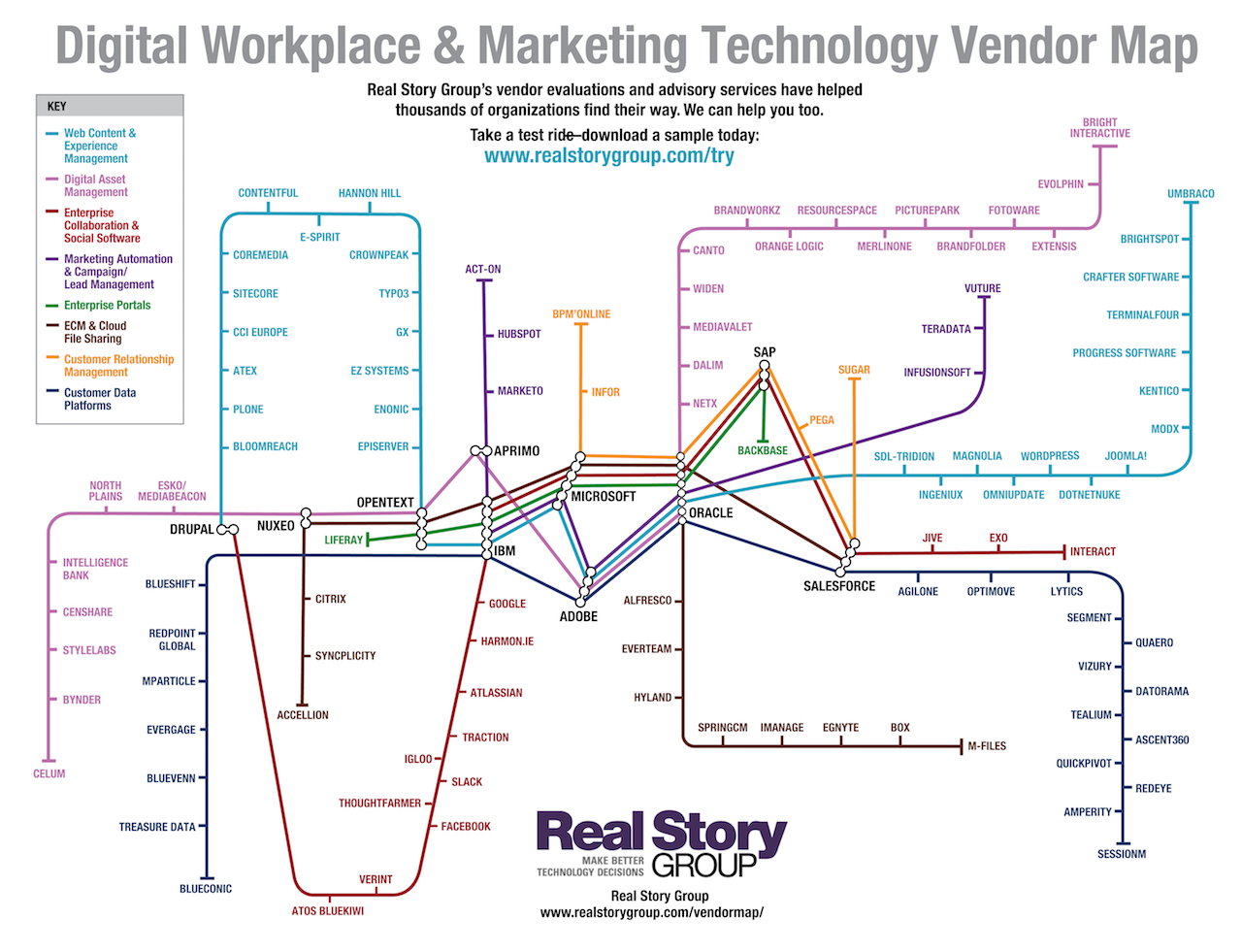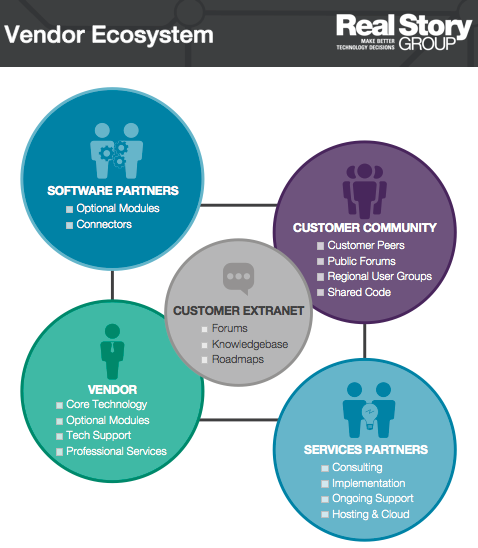Google Sites hardly a SharePoint killer -- but that's not the point
So Google has launched a product to compete with Microsoft's SharePoint, called Google Sites. Even at first glance it is no SharePoint killer and is (as is normal for Google) more of a Beta product then anything that shows real maturity.
The real discussion we need to be having is whether these tools are the "productivity" applications they claim to be. Both Google and Microsoft have the means and depth to produce impressive tools, but just because something is usable and quick to deploy does not mean that by definition it is a good thing, particularly when it comes to managing confidential information.
And this is where things can go badly wrong. As we have discussed elsewhere, one of the major problems with SharePoint is not the technology, but its viral growth. What seems good to one end user, can represent a compliance and auditing nightmare to their employer. With Google we have the added complication that by using their collaboration tools we are also entrusting our information to their care. Google has a strong and valid approach to confidentiality, security, and privacy issues, but it's not one that fully assures everyone else.
We'll be looking more closely at the product as customers begin to provide real-life feedback (upon which all real technology evaluations must depend). But for now, I'll argue that Google Sites primarily represents a toolset to easily build small websites -- in particular departmental or collaborative team sites. As with all Google products it has been made usable by simplifying the features and interfaces (in the main a good thing). It has also been bundled with other Google Apps such as Gmail and Docs -- though quite why, and how well or logically these bundlings work remains open to question. Hence it is clearly positioned as a SharePoint alternative.
No doubt some people will be excited by this news, and enthusiastically start experimenting with it. Other's might take a different approach, a better one we might suggest - in fully figuring out why end users are demanding such a tool, what the retention, compliance, security and privacy implications of such usage might entail, and then undertaking a full evaluation of the product against other options before diving in too deeply.
And there are plenty of other options, SharePoint clearly leads the pack, but Salesforce.Com has a nice looking (if not full-featured) SaaS alternative, along with all the fully-fledged and might we say more serious collaboration tools from IBM, Oracle, and EMC. It's a busy marketplace, and more complex than it first may seem. As always we advise buyers to proceed on any kind of product selection with deliberation and real-life testing, because what may first seem a bargain, may in time prove very costly.







